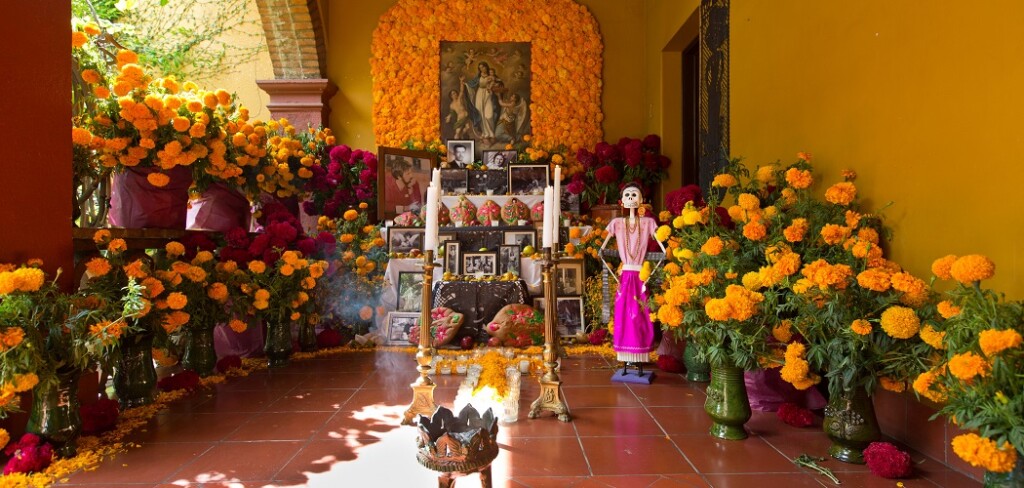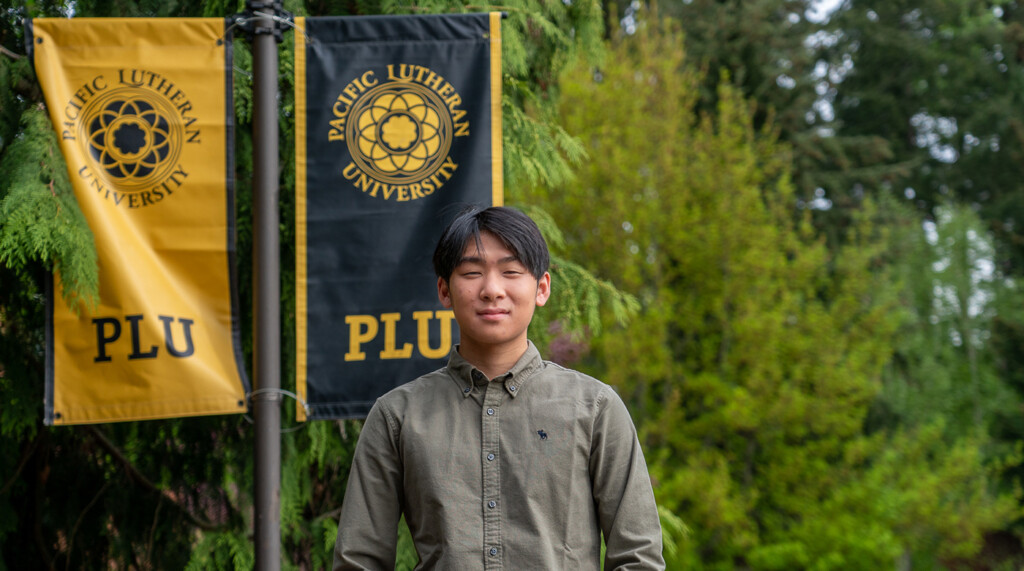Page 356 • (3,698 results in 0.05 seconds)
-
/* fix for jQuery UI library issues when using the date picker popup */ jQuery.browser = {}; (functi
-

of various traditions while exploring and clarifying your own worldview. You’ll find professors committed to excellence in teaching, who will work with you to design a personalized major, double major or minor around your educational goals, and you’ll have opportunities for hands-on learning in research, field work and service learning. Through your study, you’ll be well-prepared for career fields that require critical, contextual and creative thinking, ethical decision- making and working with
-
student grants because it requires you to take certain kinds of classes in order to get the grant, and then do a certain kind of job to keep the grant from turning into a loan.Award amount: up to $4,000 Deadline: Applicants are considered for this award when their FAFSA application is being processed. Number of awards: n/a Criteria: There are very specific criteria for this award, including teaching in a high-need field in a location that serves low-income families. You can read more at the TEACH
-
post-graduate year abroad for research and/or teaching and 61 of those (72%) were Global & Cultural Studies students! Double-Duty Courses: If you choose to fulfill the College of Arts and Sciences requirement Option I, foreign language courses numbered 201 or above may be used simultaneously to satisfy the Cross-Cultural Perspectives on Diversity (C) requirement. If you choose to fulfill the CAS requirement using Option I, completion of a foreign language through 102 will do the same. The
-
date to guarantee that you get your IHON decision in plenty of time before the May 1 National College Decision Date. You can still apply to IHON after the application dates! How does IHON work with Study Away?IHON does not require study away. The “International” in International Honors refers to our commitment to teaching from the perspectives of multiple cultures around the globe. IHON does strongly support study away: 75% of IHON students study away at some point in their PLU careers, many in
-

Doctor of Musical Arts from the University of Iowa. After teaching at PLU for three years, she taught at the University of North Texas for 30 years where she eventually retired. Because of McTee’s success as a composer, she will be honored by her hometown of Eatonville and will visit PLU in April. The town will honor her with a plaque in the school auditorium. On April 13, PLU’s Symphony Orchestra will play a celebratory concert at the ceremony, featuring a movement from her Symphony No. 1 (“Ballet
-

Danforth, nearly 300 scientists from more than 20 countries work in teams, studying plant biology in ways that lead to economically and environmentally sustainable agriculture. Laurie-Berry started teaching at PLU in the fall of 2008. In addition to Plant Physiology, Laurie-Berry’s other classes include Plant Development and Genetic Engineering and a first-year writing class focused on global agriculture, world hunger, genetic engineering and related topics. “Our central question for the course is how
-

says women’s ambitions were often suppressed and a racially segregated community in which Latinos were often oppressed. She started in community college, transferred to California State University, Chico, and eventually earned her master’s degree there. She made the dean’s list each semester and was encouraged to apply to graduate school, landing her at Washington State University where she earned her Ph.D. She’s been teaching classes at PLU since 2006. The key to persistence for marginalized
-

over to Washington, and we’ve been here ever since. I attended Lakes High School and swam varsity. Once I became a junior, I did Running Start, so that knocked off two years of college, and I was able to transfer all of my credits over to PLU. I chose to attend PLU because I heard it has an outstanding nursing school and just excellent faculty for teaching science classes. When I was applying to colleges, I knew I wanted to be a biology major, so I looked for local schools with strong STEM programs
-

300 scientists from more than 20 countries work in teams, studying plant biology in ways that lead to economically and environmentally sustainable agriculture. Laurie-Berry started teaching at PLU in the fall of 2008. In addition to Plant Physiology, Laurie-Berry’s other classes include Plant Development and Genetic Engineering and a first-year writing class focused on global agriculture, world hunger, genetic engineering and related topics. “Our central question for the course is how agriculture
Do you have any feedback for us? If so, feel free to use our Feedback Form.


